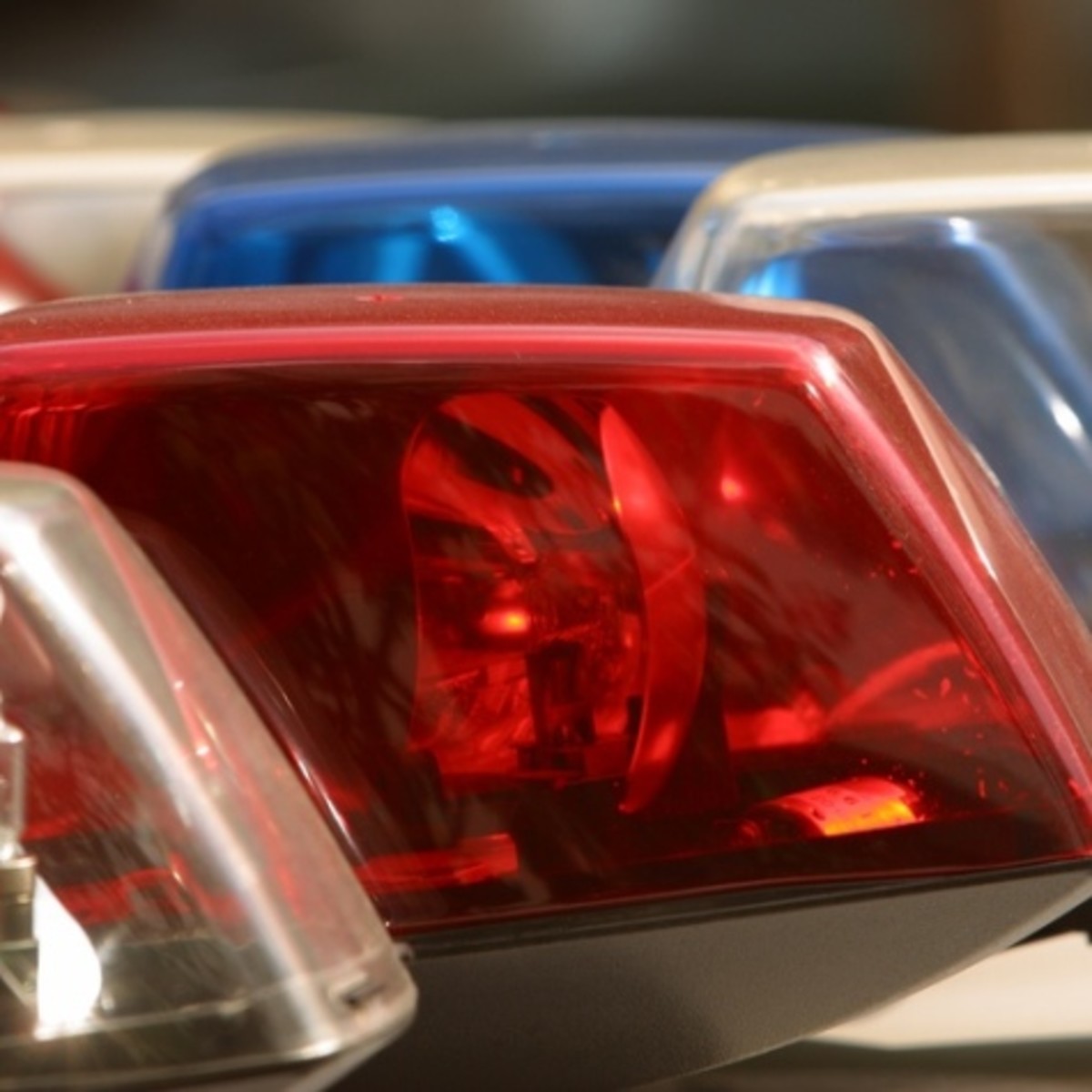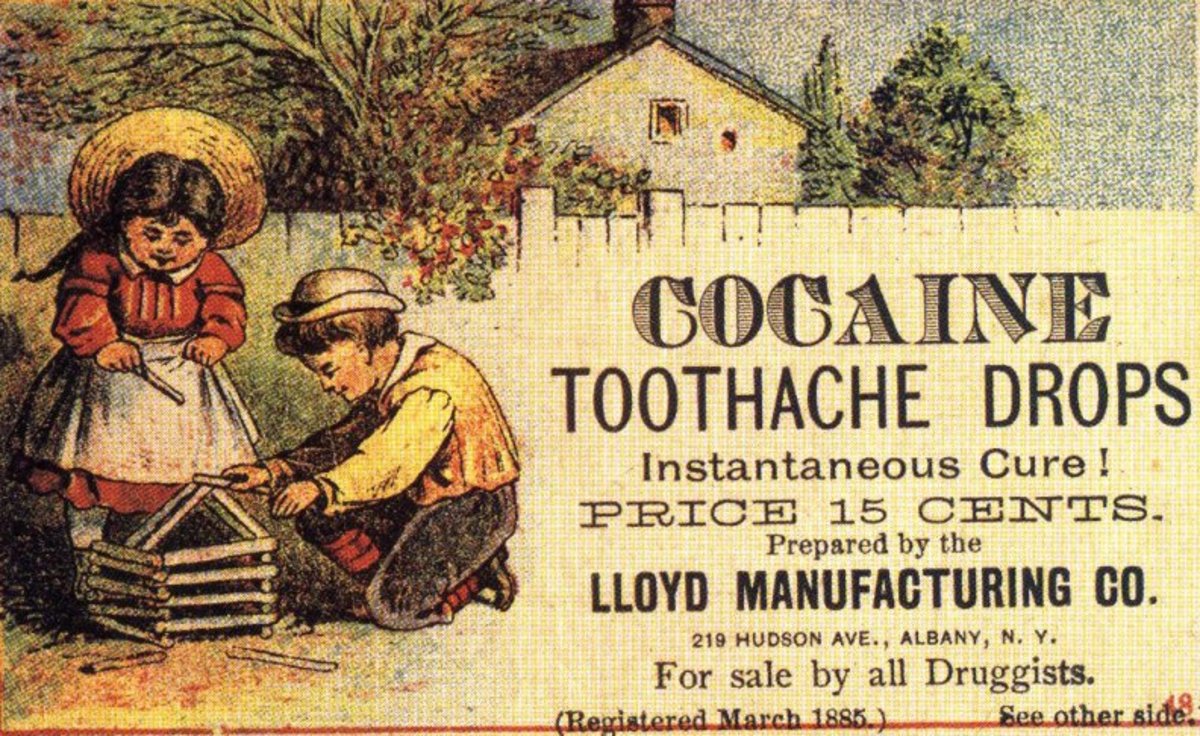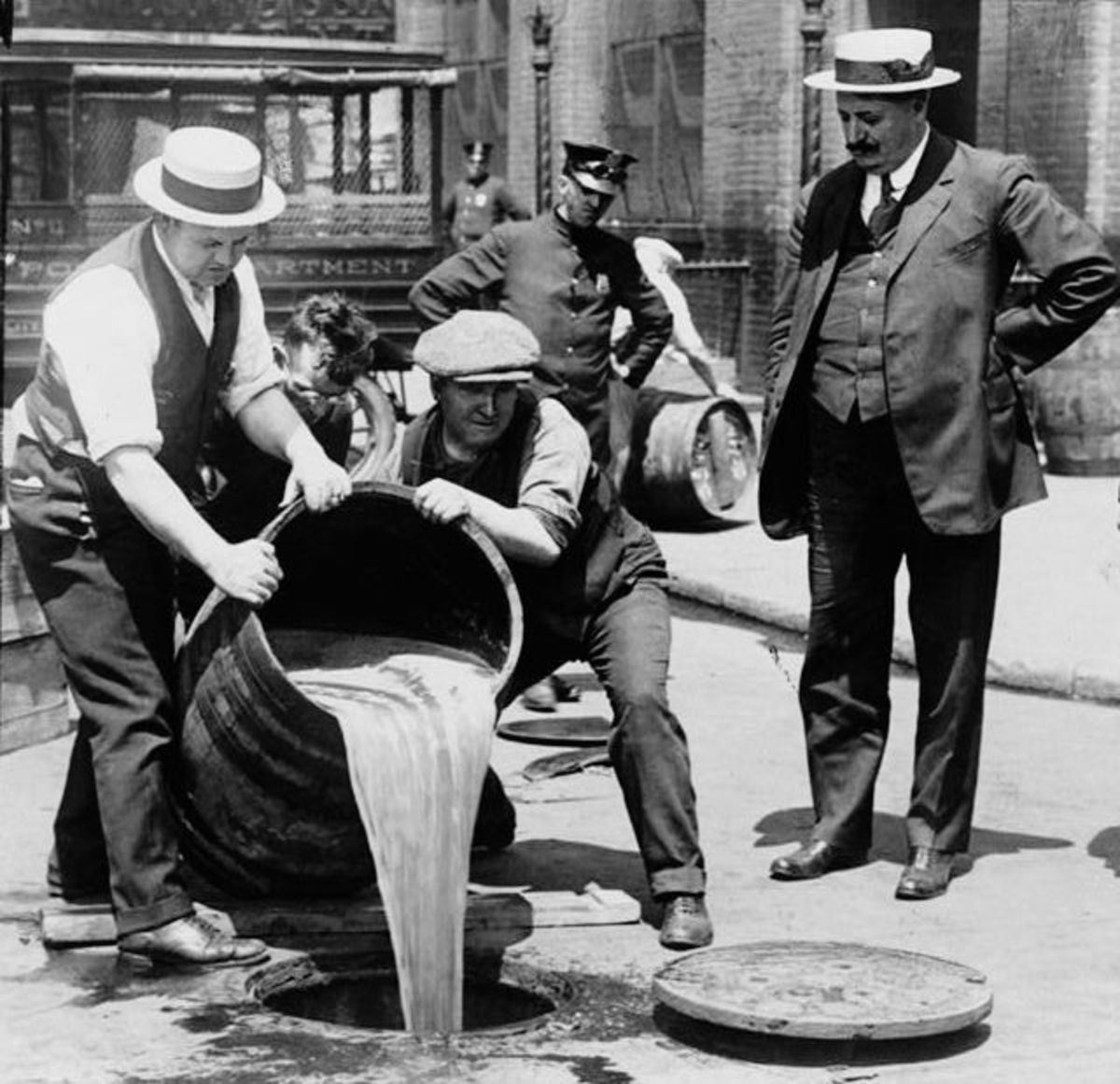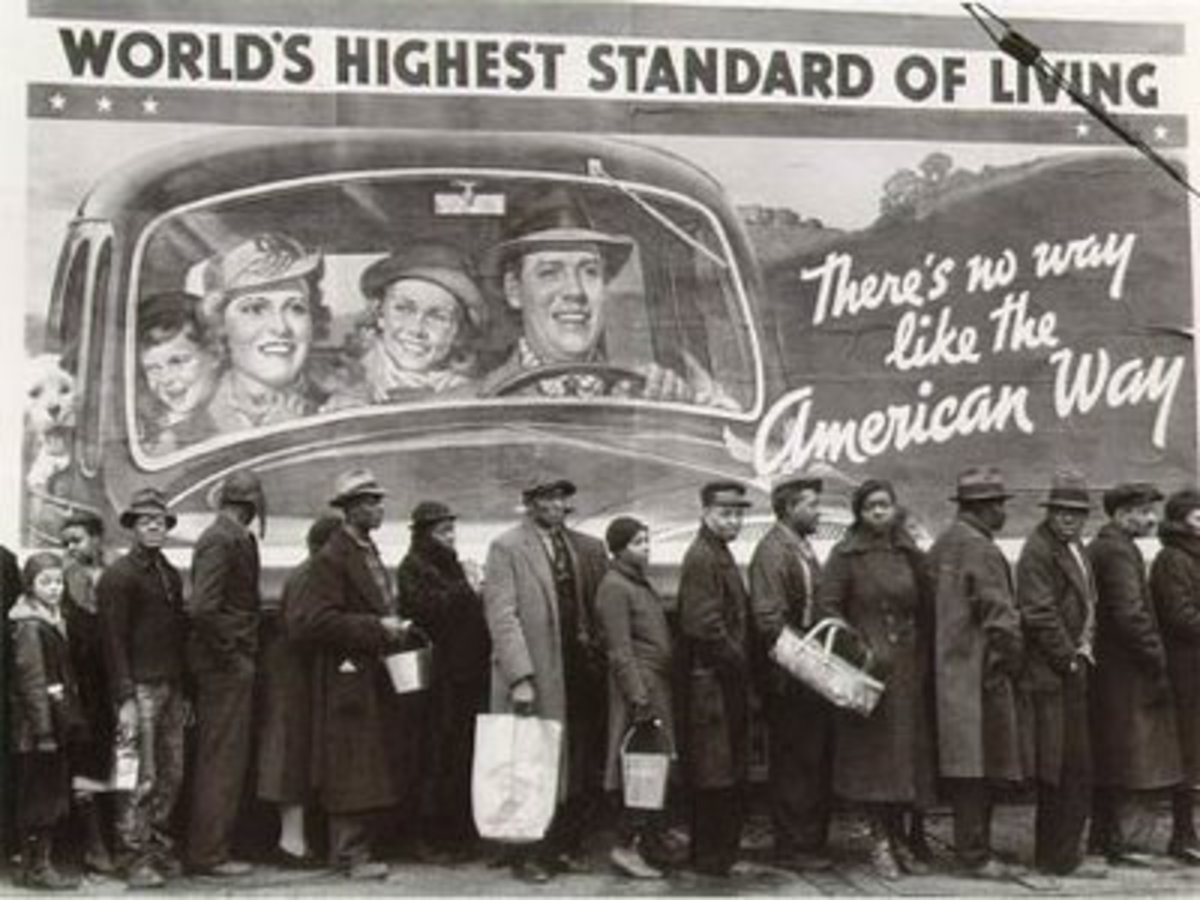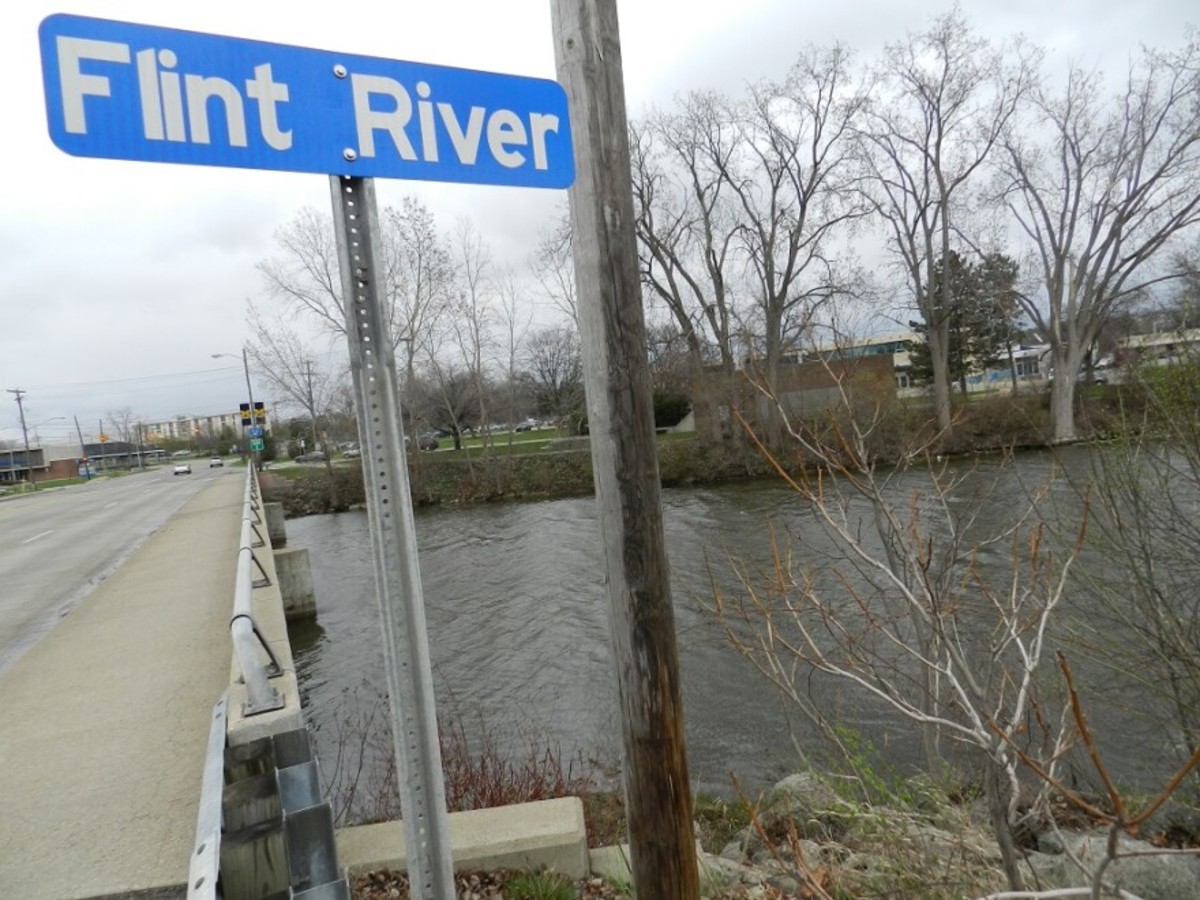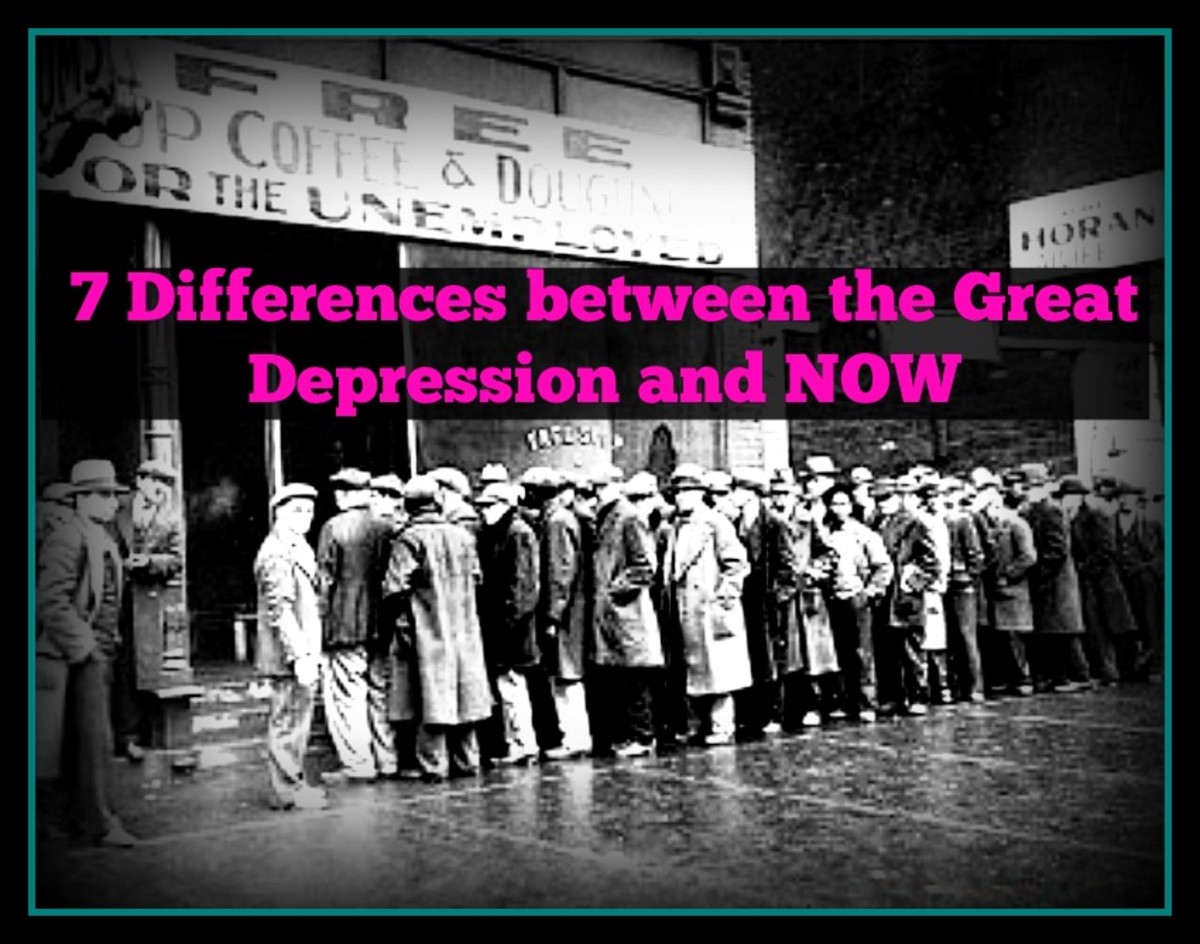Drug Law Reform, the Health Care Bill and The Economy
make your own decision

Would marijuana legalization help the economy and pay for the Health care reform bill?
Would marijuana legalization help the economy and pay for the Health care reform bill? There are hundreds of opinions on this subject, but the one argument that comes from conservatives is that it would cause more drug use. That doesn’t address the question though. Let’s look at the history of our nation’s war on drugs and prohibition on substances that are deemed bad for society. You will have the chance to make up your own mind, once you have read the cold hard facts.
First, let’s go back to the prohibition on alcohol.
In the first part of the last century when the government decided to outlaw alcohol, the far right and the religious zealots lead the fight, notably the Women’s Christian Temperance Union. The argument was alcohol was destroying families, so something had to be done. The government feeling pressure from these groups, which at the time, many member of the congress were part of, passed the 18th amendment, enabling national Prohibition within one year of ratification.
Prohibition began on January 16, 1920, when the Eighteenth Amendment went into effect. Federal Prohibition agents (police) were given the task of enforcing the law. These agents served under the Treasury department, the same department that now will oversees the DEA and the new heath care bill if passed, and (we will save that conversation for another time).
Even though the sale of alcohol was illegal, alcoholic drinks were still widely available at "speakeasies" and other underground drinking establishments. This underground movement gave rise to the bootleggers and made the mom and pop stills illegal. Whiskey could be obtained by prescription from medical doctors. The labels clearly warned that it was strictly for medicinal purposes and any other uses were illegal. (Sound familiar, the medicinal marijuana clinics.)
The crime rate skyrocketed in major cities like Chicago and New York. The crime lords saw this prohibition as a new avenue to make new money. The war between Capone and bootlegger George "Bugs" Moran's North Side gang caught national attention with the Saint Valentine’s Day massacre. It is estimated that Al Capone’s revenue topped one hundred million during this time.
The law once passed promised to lower crime and corruption, reduce social problems, lower taxes needed to support prisons and poorhouses. Instead, Alcohol became more dangerous to consume; organized crime blossomed; courts and prisons systems became overloaded; and corruption of police and public officials became widespread. Innocent deaths related to prohibition enforcement, killed by prohibition police, numbered in the hundreds.
In 1933, the legislatures of the states, led by the Democrat party, ratified the Twenty-first Amendment, which repealed Amendment XVIII and prohibited only the violations of laws that individual states had in regard to "intoxicating liquors". Federal Prohibitionary laws were then repealed, but states still had the right to enforce it own laws, by 1966, thirty three years later, all states had dropped its laws. However, in the southern Bible belt, Sunday blue laws remain in effect until today for alcohol sales on Sunday.
Once the repeal of Prohibition went into effect, the Treasury Department placed a tax on alcohol sales which promptly increased revenues to the Federal government and put the bootleggers out of business. It is estimated in the first two years of the tax revenues increased to the Federal government by sixty percent. Violent crime rates associated with alcohol were virtually eliminated, there were still pockets of backwoods wars over stills, but these went mostly unreported.
Today’s issues with Marijuana and drug laws.
Today’s version of prohibition started with the war on drugs during the Nixon administration. President Nixon created the Drug Enforcement Administration (DEA) in 1973 to announce "an all-out global war on the drug menace facing our society. Though the push to make narcotics illegal was started when, Eisenhower assembled a 5-member Cabinet committee to "stamp out narcotic addiction" in 1954.
Since Nixon announced the War on Drugs and enforcement began in earnest, the prison population has sky rocketed. Most of whom are not violent crime lords but casual users who got caught up in the zero tolerance laws. The prisons are now over crowded so much; that in order to make room for the incoming inmates, violent criminals are released back into the population, and repeat offenses continues to rise. The court systems are over whelmed and budget cuts in states have held up cases for years.
In several states, the possession of small of amounts of Marijuana are mostly over looked and in some state decriminalized completely. States like Alaska, California, Colorado, Nebraska, New York, North Carolina, Maine, Minnesota, Ohio, and Oregon passed laws in the 70’s. New Mexico Gov. Gary Johnson, a Republican, has sent to the state legislature a bill that would decriminalize possession of 1 ounce of marijuana.
Other states like Georgia and many others still the use the archaic drugs law to enhance revenues to the state and counties government. Things like, home, car and land seizures still produce millions of dollars for state and local officials. The link to probation income and court fee’s help support rural community courts and sheriff departments, making small possession arrest a line item like speeding tickets as part of their budget, though getting them to admit it is difficult. Getting these communities to give up these revenues would be difficult to say the least.
On the other hand what would happen if only Marijuana was decriminalized across the US and taxed, labeled and sold like alcohol? If history is any indication, we can reasonably expect the following assumptions.
It is estimated if treated like alcohol, could raise $40 billion to $100 billion in new revenue. The government would simply be transferring revenue from organized crime to the public purse. This is based on the current estimates of usage of Marijuana and doesn’t account for an increase of purchase of the product by people for recreational use, (the same as alcohol sales). Some people dismiss this however by saying that for every dollar collected by alcohol sales, that 10 dollars are spent on alcohol treatment in the Medicare and Medicaid system. This model doesn’t really hold up for Marijuana however. First, there is a variety of diseases related to alcoholism, Cirrhosis of the liver being the most prevalent one, which occurs in the final stages of liver disease. The hospital cost related to this is enormous. With Marijuana, there is no definite study relating any disease of this magnitude with consumption. The models that they use can be compared to the global warming studies. There is no consensus among scientist for global warming, just generated data designed to promote their agenda.
Let us look another important part of this equation, reduction in prisons populations, court overcrowding and the ability to free up law enforcement to concentrate on violent crime. It is presumed that a majority of non violent offenders now in prison are in for drug related offenses. They have either violated possession laws or in some cases their probation revoked for failing court mandated drug screening. The cost to house and feed these people are enormous, the savings that could be realized from this section of expenditures alone would be tremendous. It calculated that it cost an average of about $55.00 dollars a day to house an inmate, which translates to about 20 thousand dollars a year per inmate. It is estimated that right now there is about 500,000 people incarcerated for drug related offences. If only100, 000 inmates were released that were held on minor drug possession and related offenses, not an unreasonable numbers considering all the jails and prisons across the US, the savings would be about 2 billion dollars. This is just a small example of what could be done and doesn’t take into account the reduction on the stress on the court and law enforcement agencies across the US.
Next the US spends approximately 30 billion dollars a year on the war on drugs, and is estimated to grow by at least 10 percent a year. If the government used only 10percent portion of that money for drug addiction and rehabilitation, 3 billion, once drugs were made legal, the federal and state governments would realize a net gain of approximately 27 billion dollars back in to their budgets based on current numbers.
Then there are other cost related to the war on drugs.
Not the financial cost to the government, but the cost to individuals. There are many instances of the forfeit and seizure law being used in appropriate ways by federal, state and local governments.
A few examples:
1. Law enforcement authorities in this East Texas town of 1,000 people seized property from at least 140 motorists between 2006 and 2008, and, to date, filed criminal charges against fewer than half, according to a review of court documents by the San Antonio Express-News.
2. Linda Dorman, an Akron, Ohio, great-grandmother had $4,000 in cash taken from her by local authorities when she was stopped while driving through town after visiting Houston in April 2007. Court records make no mention that anything illegal was found in her van. She’s still hoping for the return of what she calls “her life savings.
3. In 2008, three years after stripping a man of $10,032 in cash as he drove south along U.S. 281 to buy a headstone for his dying aunt, Jim Wells County officials returned the man’s money — and the county then paid him $110,000 in damages as part of a settlement. Attorney Malcolm Greenstein said criminal charges never were filed against his client, Javier Gonzalez, nor any of the dozens of people whose records he reviewed. People were given the option of going to jail or signing a waiver, Greenstein said. Like Gonzalez, most signed the waiver.
Then there are the examples of innocent people getting killed in the pursuit of drug dealers, the most famous of these, occurred in Atlanta, GA. 2006.
The police saying that were acting on information from an informant broke into the house on a November 2006 drug raid that left 92-year-old Kathryn Johnston dead from gunfire. The police involved were convicted of charges of federal charges of conspiracy to violate civil rights, making false statements for filling out an affidavit and the probe also led to guilty pleas by the police sergeant in charge of the narcotics unit and another officer who admitted to extortion.
Everything in the War on Drugs crimes can be directly correlated to stories during the prohibition era, only multiplied by a factor of a hundred.
Original question. Could the legalizing of Marijuana help the economy and pay for the health care reform act?
Health care? In a word NO. The health care reform act will cost over a trillion dollars in its first 10 years after implicated. Not the 900 billion being reported by the Democrats, they are using number that, years 1 through 10, the first three years being income only, and only six years of cost, what about the next 10? The debt reduction numbers that they tout are only a pipe dream, based off bad assumptions.
One assumption being that they will be able to cut fraud and waste from the Medicare and Medicaid systems and apply that to health care reform. If they could actually do that, why did they wait so long to even try? Next, why place so many things off budget? Doctor reimbursement for the Medicare and Medicaid systems, about 240 billion, are not included in the cost of health care reform.
To make the numbers even look better for their plan, they include the student loan program, which the government wants to completely control. They do not however, provide for any defaults on loans, and assumes that all loans will be paid back. And, just why would a student loan program be included in a health care reform bill to begin with?
The economy? What legalization could do however is add a lot of extremely needed income to the Federal and State governments; Estimates range from 100 to 300 billion dollars of revenue a year would be generated and would continue to grow annually.
It would relieve prison crowding on all levels of the correction departments, Federal, State and Local officials would be able to house violent criminals for longer terms. This would make us all safer.
What it would also do is create jobs. Just like in the alcohols business, where it takes man power to produce a product to go nationwide, the same would be for the Marijuana business. With unemployment being at 10 to 18%, depending on who you talk to, more jobs would be a side benefit.
One last thing to consider is that the war on drugs is one that will never end. There will never be a way for the government to control free will. God gave us free will, and we use it. As long as some people want to drink or smoke they will.


